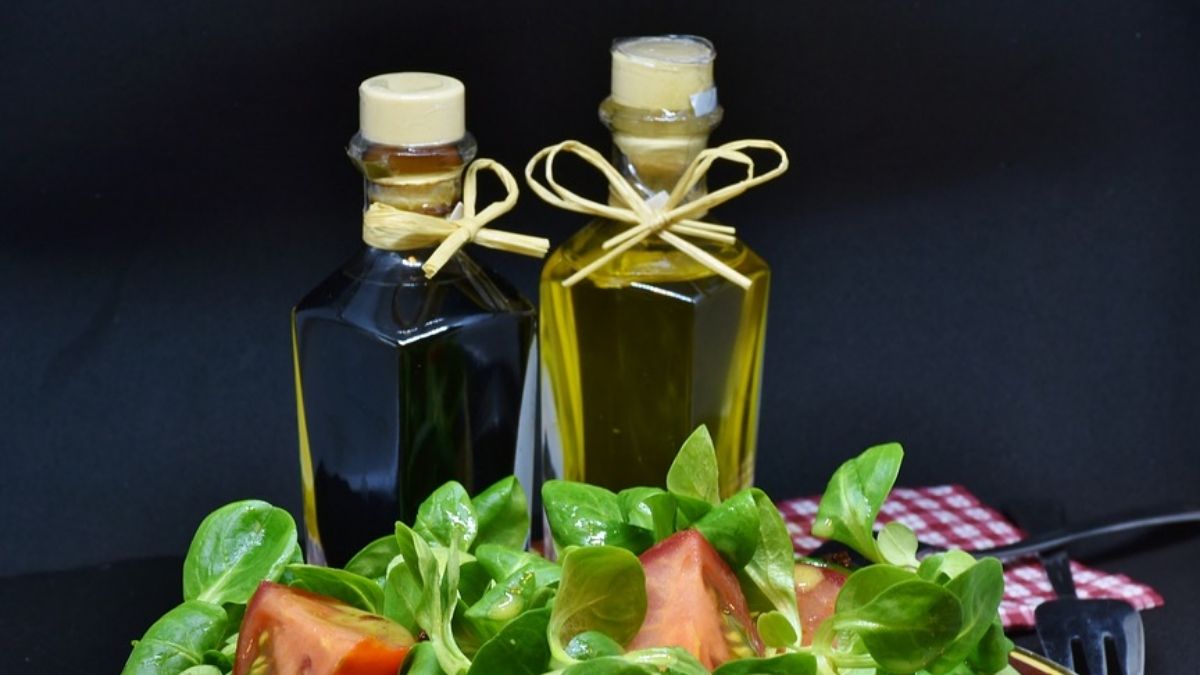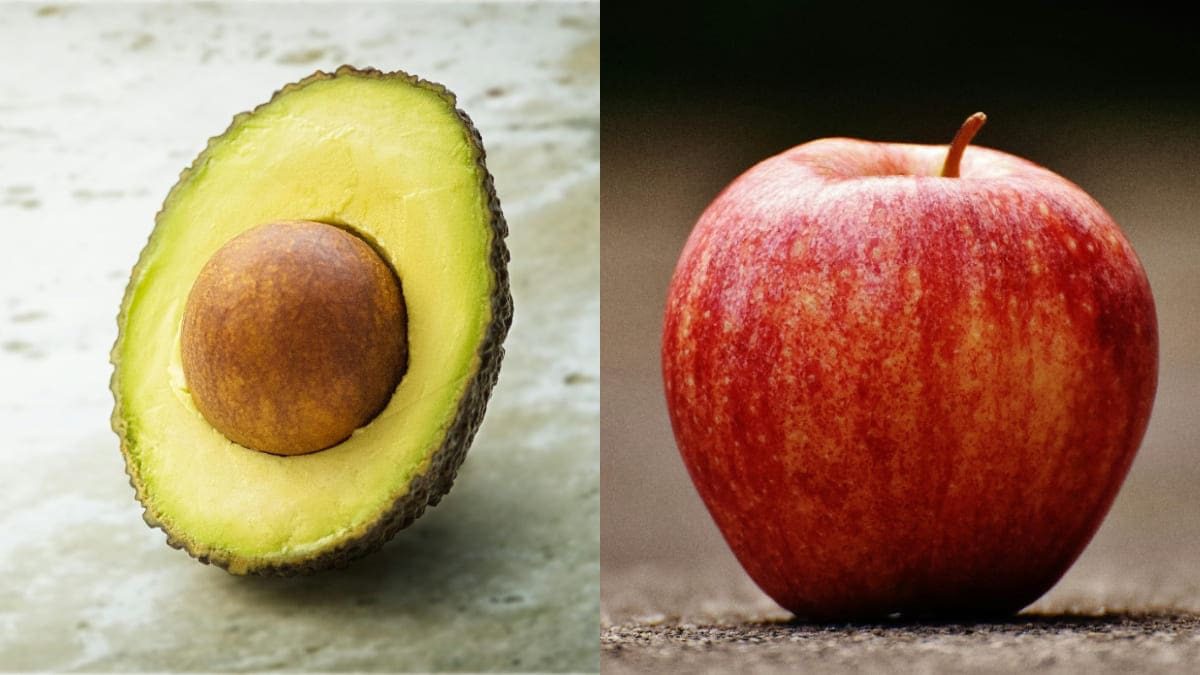A couple of weeks post the invasion of Russia into Ukraine, Indonesia decided to discontinue the exports of cooking oil. Joko Widodo, the Indonesian President announced that the country is going to halt the exports of cooking oil and raw materials from 28 April. Indonesia is the largest palm oil producer in the world and India is the largest importer of it. The prices are going to sky-rocket after the suspension comes into action.
How Will This Export Ban Affect The Price Of Cooking Oil?
There was huge inflation in the market after the Russian invasion of Ukraine as both these countries are the leading producers and exporters of sunflower oil. As a result, the prices of palm oil and soyabean oil rose to an unbelievable extent. Indonesia’s suspension will add on to increase the prices of cooking oil much more. As a result, manufacturers will have no choice except to accept it.
Also read: Maggi, Nescafe, Kitkat Prices Might Increase Due To Inflation
Why Is Palm Oil Such A Necessity?
Palm oil is a crucial element behind forming most of the things that we need in our day-to-day lives. Bread, biscuits, lipsticks, detergents, soaps, chocolates, moisturisers, and so many more products are made using palm oil. India is heavily dependent on Indonesia and Malaysia for importing oil and for meeting the domestic needs of these humungous populations. According to the Solvent Extractors’ Association of India, India imports almost 14 million tonnes of edible oils every year. Of this whopping amount, 8.5-9 million tonnes is palm oil. As per the report, Malaysia was the leading supplier of crude palm oil and crude palm kernel oil from November to March. On the other hand, Indonesia was the leading supplier of RBD Palmolein from November-March.
Also read: Pay More For KFC And Pizza Hut As The Outlets Increase Prices Across India
What Do The Data Show?
According to data from Bloomberg, the price of crude palm oil increased by 57.9% in the last year. Such a massive rise in just a year was a key reason for diminishing the profit percentage of the soap and biscuits industry. The makers had to increase the prices by 10-15% as the raw material price rose to 40-50%.
Atul Chaturvedi, the president of the Solvent Extractors’ Association of India, is quite certain that this decision of Indonesia has a high risk of causing serious problems. The suspension will definitely increase the price of cooking oil immensely as there will be a shortage of palm oil in the market. He also feels that there is a doubt about how long Indonesia can pull this halt. According to Statista data, this country produced about 46.2 million tonnes of palm oil last year. Among these, only 20 million tonnes were used for domestic necessities and the rest were exported. Indonesia might face difficulties in handling large quantities of palm oil production.
First Published: April 26, 2022 4:11 PM




